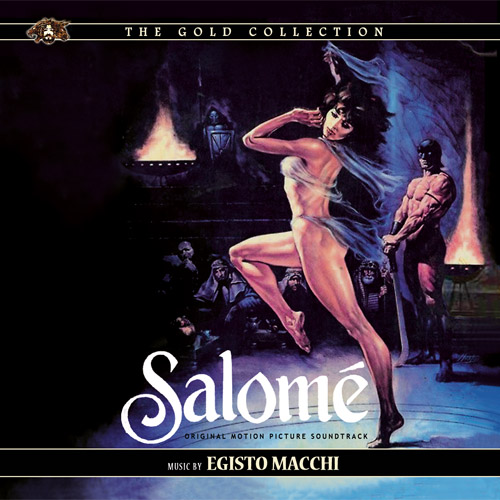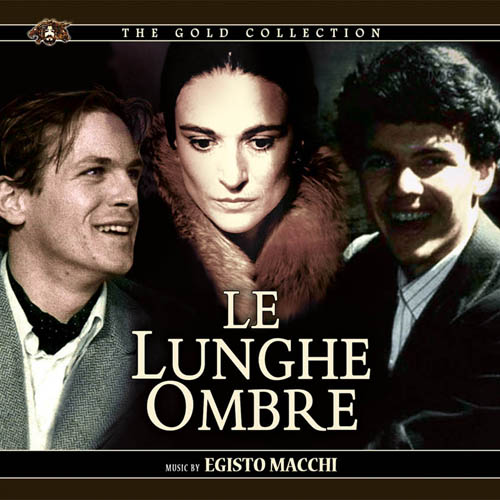Born in Grosseto, Macchi moved to Rome to study composition, piano, violin and singing with Roman Vlad (1946–51) and Hermann Scherchen (1949–54), among others. It was around this period that he also studied literature and human physiology at La Sapienza University.
From the late fifties, he began his collaboration with a group of musicians (Franco Evangelisti, Domenico Guaccero and Daniele Paris), to whom he was bound by intense friendship. Together with Domenico Guaccero, Daniele Paris and Antonino Titone, he was one of the editors of the magazine Orders, which first appeared in 1959. With Bertoncini, Bortolotti, Clementi, De Blasio, Evangelisti, Guaccero, Paris, Pennisi, and Franco Norris, he founded the Association of New Consonance in 1960. He made a frequent hand at directing the association, and he held the office of President from 1980 to 1982, and also in 1989.
From the day of its conception, he followed the activity of the International Week of New Music in Palermo. After creating the Musical Theatre of Rome with Guaccero, he founded Studio R7, an experimental, electronic music laboratory born in 1967. It is in the same year that he joined Franco Evangelisti's Gruppo di Improvvisazione di Nuova Consonanza, an avant garde improvisation group which, perhaps most famously, also recruited Macchi's close friend and collaborator Ennio Morricone.
In 1978, he was part of the Italian commission for the music of UNICEF, together with Luis Bacalov, Franco Evangelisti, Ennio Morricone and Nino Rota.
In 1983, he created, together with Guaccero, the Institute of Voice, seeking to deal with problems related to vocal work in the field of classical music and folk music of all continents. The institute made use of new technologies in the field of electronics and cybernetics. He took over the direction of the institute after the death of his friend in 1984.
Further initiatives followed. In 1984 he became one of the founders of I.R.T.E.M (Institute of Research for Musical Theatre), together with Paola Bernardi, Carlo Marinelli and Ennio Morricone. In this context he also founded the Sound Archive for Contemporary Music, of which he was the director until his death. It is with the Sound Archive that he created a series of conferences, meetings and seminars for the knowledge and diffusion of contemporary music.
In his last years, he had been working with Ennio Morricone to promote the 'New Opera'. In November 1991 he completed La Bohème, a transcription for sixteen instruments and four synthesizers, and Morricone similarly adapted Tosca. Both works were ready to be staged when Macchi died in 1992.
Macchi described his music as Dionysian and he credited this to a profound period of loss and despair: "[I experienced a] time of loss... But it was only a moment, though that lasted almost a year: a moment of silence and despair. Today I found the strength to walk" (to Titone on December 23, 1957: Titone 1980, 161). Such a feeling of rebirth is evident in the earlier work Composizione (1958) for chamber orchestra in which sounds flow from silence in the frame of a "process narrative" (Titone 1980, 43).
The composer later tried his hand at serialism in Composizione no. 2, however this was an isolated attempt and Macchi soon moved on to adapt newer techniques, reassessing the formal stability that characterized his earlier works (Annibaldi 2001; Grove Macmillan). There began a more functional use of more challenging devices, such as aleatory writing in Composizione no. 3 and the transformation of the orchestra into a chorus in Composizione no. 5 (Annibaldi 2001; Grove Macmillan).
From 1967, Macchi became absorbed in work for television and film. His typical mixtures of media and styles displayed a kind of applied experimentalism in which he reconciled the most ingenious sound research with the greatest evocative immediacy; he maintained the same kind of organisational rigour and expressiveness that was to be found in his concert music (Grove Macmillan).
His film work included the scores to Bandidos (1967), Gangsters '70 (1968), The Assassination of Trotsky (1972), Black Holiday (1973), Mr. Klein (1976), Padre Padrone (1977), Antonio Gramsci: The Days of Prison (1977), Charlotte (1981), Menuet (1982), The Malady of Love (1986), Salome (1986), and Havinck (1987).
TITLES ON KRONOS RECORDS
SALOMÉ
KRONGOLD025
N / A
EGISTO MACCHI (1928 - 1992)
COMPOSER'S WEBPAGE :

LE LUNGHE OMBRE
KRONGOLD032
N / A
w w w . k r o n o s r e c o r d s . c o m
A R T I S T S


